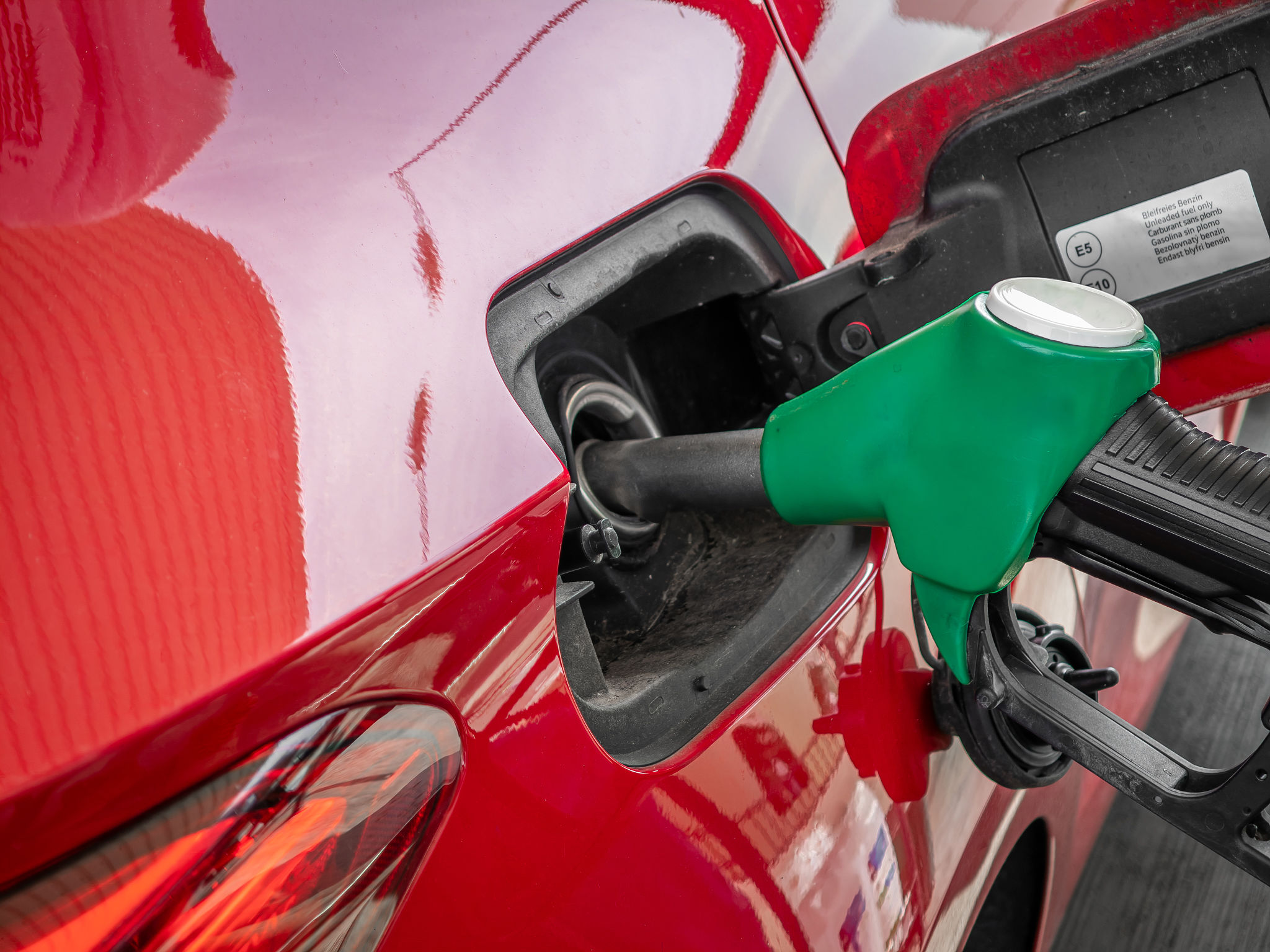Seasonal Preparation: How to Winterize Your Diesel Engine in Riverside
Understanding the Importance of Winterizing Your Diesel Engine
As the winter months approach, it's crucial for vehicle owners in Riverside to prepare their diesel engines for the colder temperatures. Winterizing your diesel engine ensures that it operates efficiently and reliably throughout the season, reducing the risk of breakdowns and costly repairs. By taking the necessary steps to winterize your engine, you can enhance its performance and longevity.
Diesel engines are particularly susceptible to cold weather conditions, which can affect fuel flow and battery performance. Therefore, preparing your diesel engine for winter is not just about convenience but also about maintaining its health and reliability.

Inspect and Replace Fuel Filters
One of the first steps in winterizing your diesel engine is to inspect and replace the fuel filters. Cold temperatures can cause diesel fuel to gel, leading to clogged filters and restricted fuel flow. Replacing the fuel filters ensures that fuel can pass through without obstruction, allowing your engine to run smoothly.
Consider using a winter-grade diesel fuel or adding a diesel fuel additive designed to prevent gelling. These additives can help lower the pour point of the diesel, making it less likely to gel in cold weather.
Check and Maintain Battery Health
Cold weather can significantly impact battery performance, reducing its ability to hold a charge. Before winter sets in, check your battery's health and charge level. If your battery is old or showing signs of weakness, consider replacing it to avoid starting issues during colder months.

Ensure that battery terminals are clean and free of corrosion. Corrosion can impede electrical flow, causing starting problems. Applying a protective coating on the terminals can help prevent corrosion buildup.
Ensure Proper Engine Oil Viscosity
Using the correct engine oil viscosity for winter conditions is vital for optimal engine performance. In colder temperatures, thicker oils can cause starting issues and reduce lubrication efficiency. Consult your vehicle's manual or a professional mechanic to determine the appropriate oil viscosity for winter use in Riverside.
Switching to a synthetic oil with a lower viscosity can improve cold start performance. Synthetic oils flow more easily at low temperatures, providing better protection during startup.

Test the Cooling System
Your engine's cooling system plays a crucial role in maintaining optimal operating temperatures. Before winter, test your coolant's freeze protection level using a hydrometer. If necessary, flush and replace the coolant with a mixture suitable for winter conditions.
Inspect hoses and belts for any signs of wear or damage. Cold weather can exacerbate existing issues, leading to leaks or failures. Replacing worn components before they fail can prevent unexpected breakdowns during harsh winter conditions.
Conclusion
Winterizing your diesel engine in Riverside is an essential part of seasonal maintenance that ensures reliable performance throughout the cold months. By following these steps—inspecting fuel filters, maintaining battery health, using the correct engine oil viscosity, and testing the cooling system—you can protect your vehicle from winter-related issues.
Taking proactive measures now can save you time, money, and stress when temperatures drop. Prepare your diesel engine for winter today and drive with confidence knowing it's ready to face the seasonal challenges ahead.